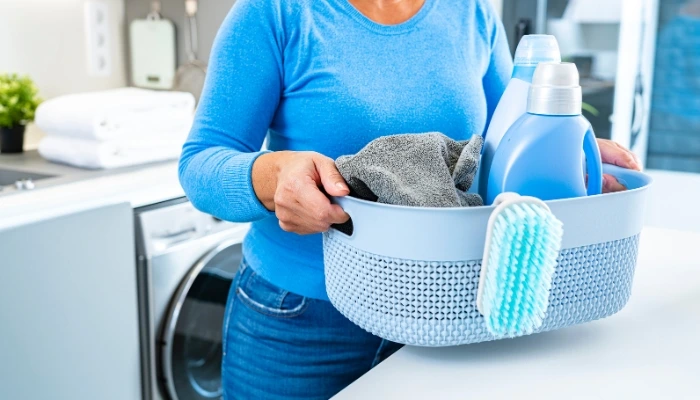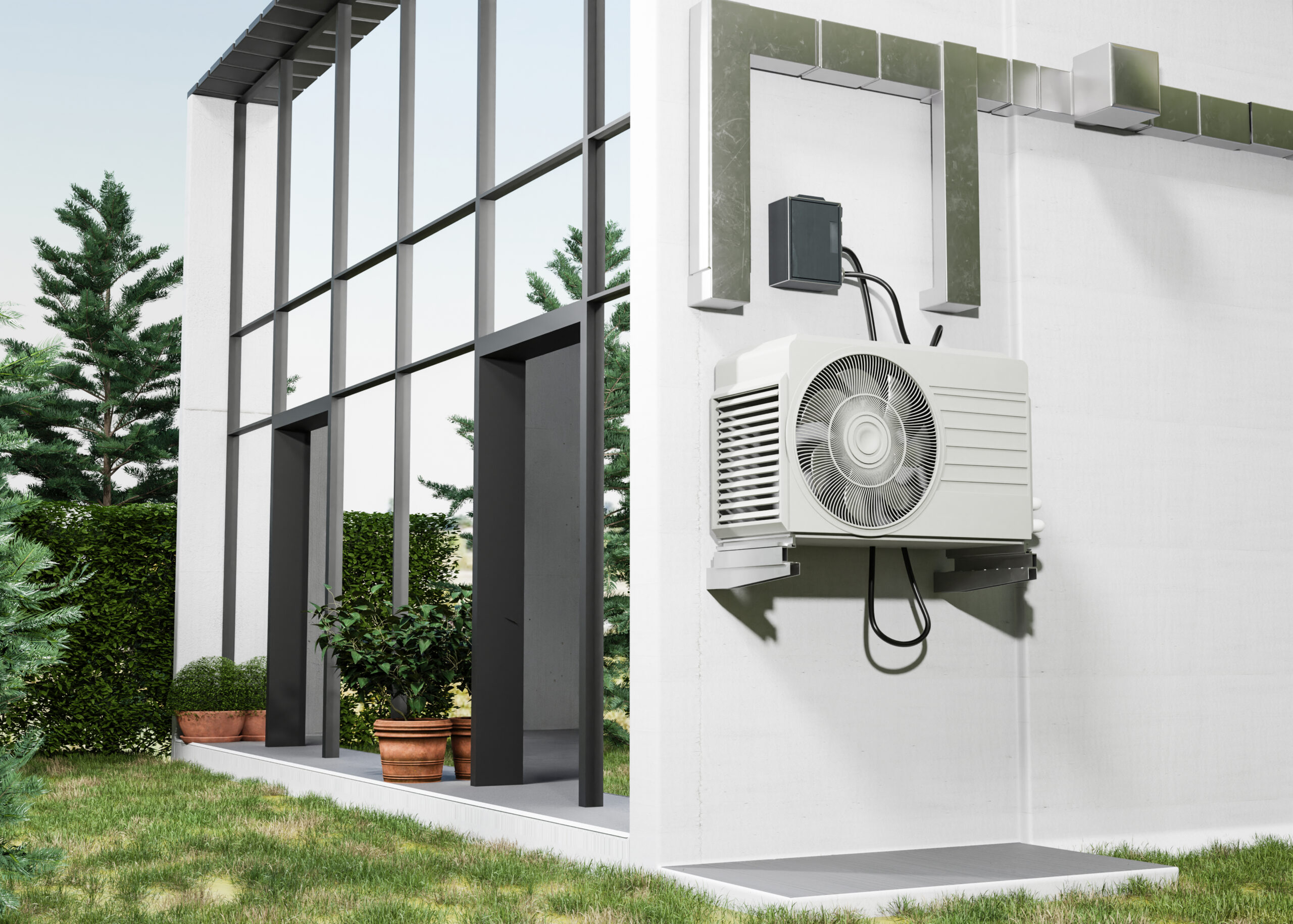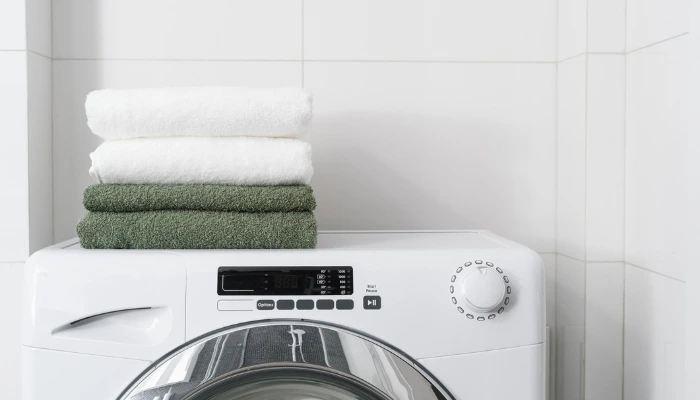There are so many laundry products around, each promising the ultimate in fabric care. But let’s talk about a classic debate: fabric softener versus vinegar. Both claim to give us that soft, fresh-out-of-the-dryer feel — which one truly reigns supreme? It’s not just about softness; it’s also about what’s best for our clothes and washing machines.
Before you pour in your next load, let’s unravel this laundry mystery. We’re diving deep into the pros, cons, and everything in between. Ready to find out which one’s the real MVP of laundry day?
Fabric Softener: The Soft Touch
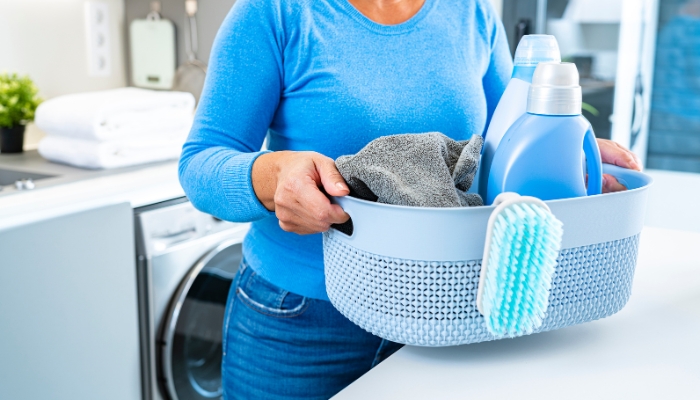
Fabric softeners, a household staple for years, coat fabrics with chemicals, giving clothes that soft feel and fresh scent many adore. They’re great for reducing static, especially during those dry winter months, and can even make ironing a tad easier.
However, it’s not all rosy. Sometimes, fabric softener can do more harm than good, like irritating the skin or causing towels to be less absorbent. And if you’re environmentally conscious, some softeners contain harsh chemicals.
Vinegar: The Natural Alternative
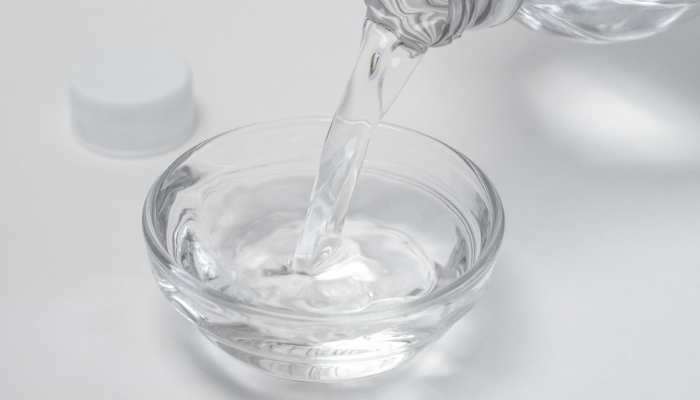
Vinegar, especially white vinegar, has been a go-to natural cleaning agent for generations. When used in laundry, it acts as a fabric softener deodorizer and can even help remove soap residue. It’s a natural way to soften clothes without introducing additional chemicals. And since it doesn’t leave any irritating residues behind, vinegar is gentler for those with sensitive skin.
However, it’s essential to use the correct type of vinegar; white vinegar is the preferred choice for laundry. Apple cider vinegar, for instance, might leave a slight tint on light-colored fabrics. And while vinegar is eco-friendly and cost-effective, it doesn’t impart that signature fresh scent many associate with clean laundry.
Pro Tip: Adding 1/2 to 1 cup of white vinegar during the rinse cycle is typically recommended for a standard-sized load of laundry. This ensures effective softening without an overpowering vinegar smell!
When to Use Which: Making the Right Choice
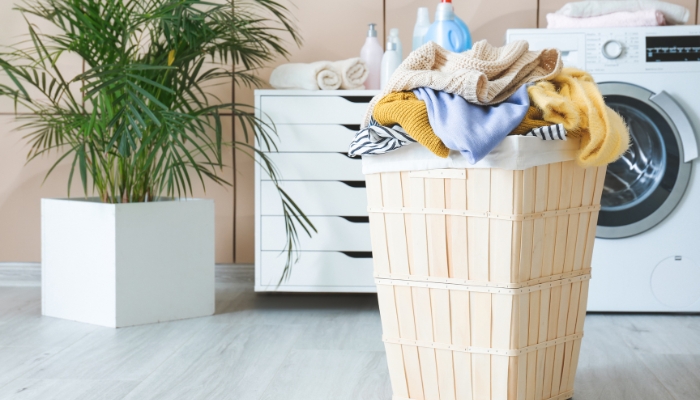
Choosing between fabric softener and vinegar often boils down to personal preferences, specific laundry needs, and environmental considerations.
- For Fragrance and Fluffiness: If you love your laundry to come out smelling like a fresh spring day or a calming lavender field, fabric softener is your best bet (it also makes things fluffy!).
- For Sensitive Skin: If someone in your household has sensitive skin or allergies, vinegar softens fabrics without leaving behind any chemicals that might irritate the skin.
- Eco-Friendly Choice: Vinegar is biodegradable and doesn’t contain the chemicals found in commercial fabric softeners, so it’s more environmentally friendly.
- For Preventing Buildup: Fabric softeners can build up in your machine over time and cause parts to break down. Conversely, vinegar can help remove soap residues, making it a better choice if you’re concerned about buildup.
- For Tough Odors: If you’re dealing with tough odors, like those from workout clothes, vinegar can be more effective than fabric softeners in neutralizing them.
- Cost Considerations: Vinegar is generally cheaper than commercial fabric softeners, especially if you buy it in bulk
It’s always a good idea to do a patch test when trying something new, especially if switching from fabric softener to vinegar or vice versa. This ensures that your fabrics react well to the change.
Pro Tip: If you’re using vinegar but still crave that fresh laundry scent, add a few drops of your favorite essential oil (like lavender or eucalyptus) to the vinegar before pouring it into the machine. It’ll give your clothes a natural fragrance without the chemicals of fabric softeners.
Dangers of Over-Use
When using either fabric softener or vinegar, it’s important that you stick with the recommended dosage. If you use too much of either one, you could ruin your clothes or, worse, the laundry machine! Some dangers to look out for include:
Fabric Softener Dangers:
- Appliance Issues: Too much softener can lead to buildup in the washing machine, especially in the dispenser area. This can cause clogs or reduce the efficiency of the machine over time.
- Potential Allergies: Over-reliance on fabric softeners can increase the risk of skin irritations, especially for those with sensitive skin or allergies.
Vinegar Dangers:
- Fabric Wear: Excessive vinegar can weaken fabrics over time, reducing your clothes’ lifespan.
- Appliance Corrosion: Vinegar is acidic. If used in large quantities regularly, it can corrode parts of the washing machine, especially rubber seals.
The Soft Spot: Finding Your Laundry’s Perfect Match
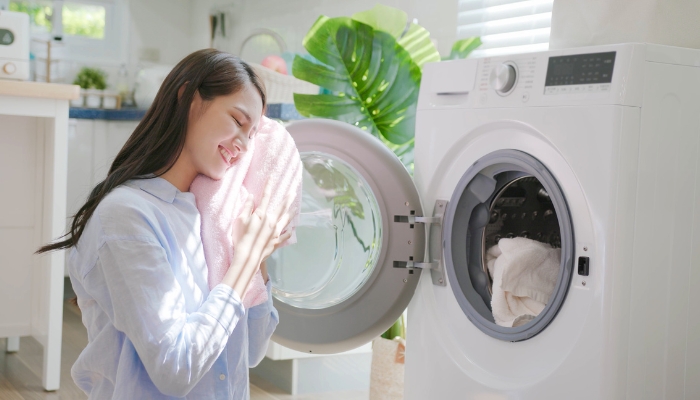
Choosing between fabric softener and vinegar isn’t just about softness; it’s about understanding your laundry’s needs and ensuring longevity for your clothes and appliances. But remember, the right washing machine or dryer can make all the difference, too!
At Fred’s Appliance, we offer a range of laundry appliances tailored to your needs. And if you have any questions, don’t hesitate to give us a call or swing by. Our experts are always here to help you make the best choice for your laundry needs!

